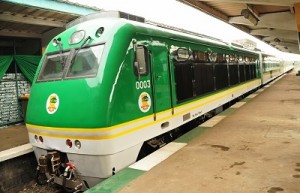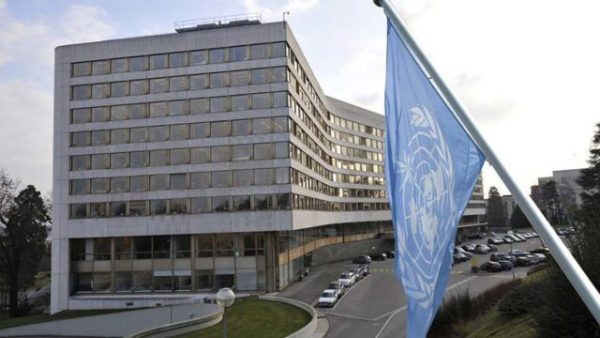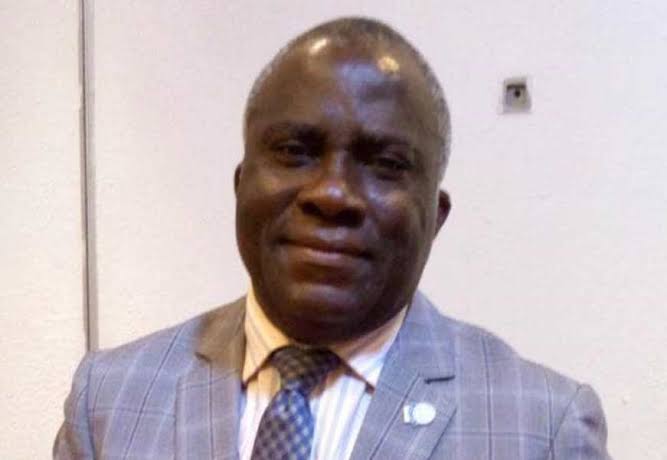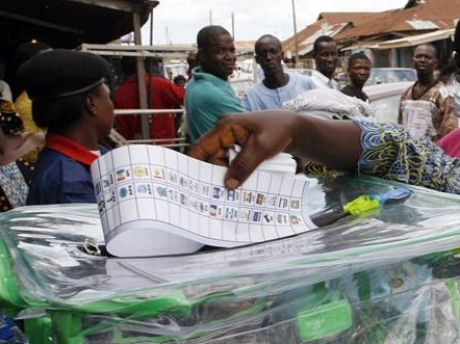2016: Any Changes In Nigeria’s Transport System?

“Change” is the watchword of the current administration in Nigeria today and the transportation sector in the nation is one that yearns for sweeping changes in order to salvage the nation’s economy.
Although, the Minister of Transportation, Rotimi Amaechi is one who is believed to epitomize the changes desired in the industry, the transport sector remains one with lofty promises but not much has changed in recent times and the status-quo is indeed an embarrassment to the nation.
As we journey through the first half of the year 2016, that enormous task of transforming the nation’s transportation system still lingers. Our roads are still seen as death traps, the rail system hasn’t evolved from its almost non-existent status, piping should be secured, aviation needs further upgrade and the same is true of our inland water-ways.
Rotimi Amaechi is expected to have fully understood his mandate as the transport minister and developed a blueprint to assuage the many challenges stifling the transport sector. Let’s look at the sector:
Roads
For the road transport, albeit it is the most utilized mode of transport in Nigeria, the major problems are the dilapidated state of the roads, incessant traffic jam which can also be traced to the state of the roads and the unavailability/ ineffectiveness of other modes of transport.
While it is very important to fix most of our roads, it is also equally crucial that the rail system and waterways become functional to reduce the volume of activities on the roads as there are several trucks and tankers plying the roads. This shortens the life-span of the roads and also causes hectic gridlocks. Our roads need the other modes of transport functioning to also remain efficient.
Railway
Railway transport can play a significant role in the evolving the transport system in Nigeria because the development of trade, industry and commerce largely depends on the development of railways, yet it remains the cheapest and safest mode of transport as the chances of accidents and breakdown of railways are minimum when compared to other modes of transport.
As soon as Rotimi Amaechi was appointed Minister of Transport, he revealed his desire to revamp the nation’s rail system. This year we expect to see the actions to back his claims as the effective management of the railway to convey goods and people would mean fewer vehicles would ply the roads and reduced volume of traffic congestion which has become the norm in major cities especially port areas across the country such as the Oshodi- Apapa grueling traffic jam caused trucks and tankers.
Nigerian railways are in a parlous condition and Amaechi should spearhead the government’s bid to rectify the situation by privatizing the Nigerian Railway Corporation (NRC).
Waterways
Nigeria has the second longest length of waterways in Africa, with 8,600 kilometres of inland waterways and an extensive coastland of about 852 kilometres. Yet, water transport in Nigeria scores a distant second to road transport, with an average share of about 1.6% of Nigeria’s gross domestic product.
Our inland water transport system would have to be developed because it is advantageous in terms of costs of moving heavy traffic, especially where speed is less important than cost. The need to attain an efficient coastal and inland waterway system increases because it can relieve pressure on the rail and road transport infrastructure. A single 15-barge tow is equivalent to about 225 railroad cars or 870 tractor-trailer trucks.
Piping
Pipeline transport in Nigeria has become synonymous with breakage and vandalism. The system is best for the transportation of petroleum products but its inefficiency resulting from incessant vandalism has relegated the mode of transport to a peripheral state.
The emergence of Niger Delta Avengers has increased the rate of pipeline vandalism which had resulted to reduction in crude oil exportation, reduction in the locally refined capacity of the product and reduced power supply in the nation also.
Aviation
Lastly, the aviation sector is one that has been evolving in the polity over the years but there is still a high level of apprehension as a result of several plane crashes in recent times. The aviation industry has been responsible for the loss of several lives and properties worth billions. Transportation by air doesn’t have to be as risky as it is in Nigerian and the risk can be minimized if all airlines employ capable hands and purchase new modern aircrafts.
Not much has changed in the transport sector this year, except the numerous conferences on how to revamp the transport sector. As the famous Nollywood actor Bruce Lee puts it; “If you spend too much time thinking about a thing, you’ll never get it done”.








